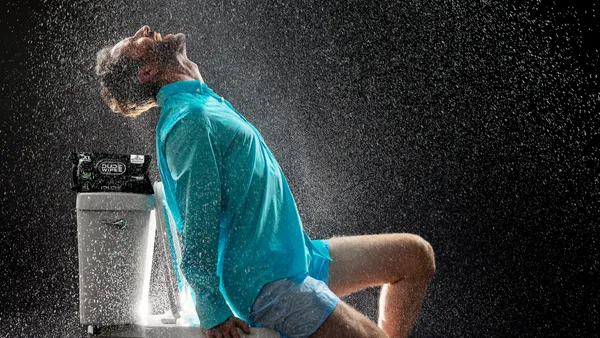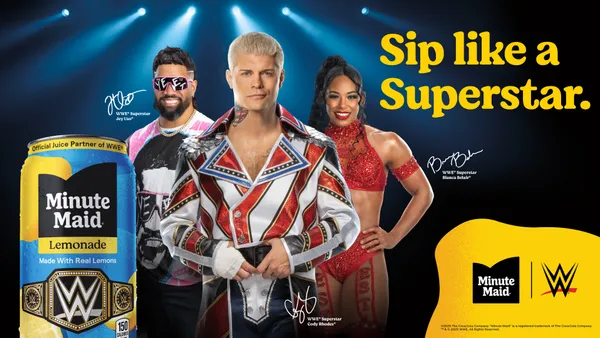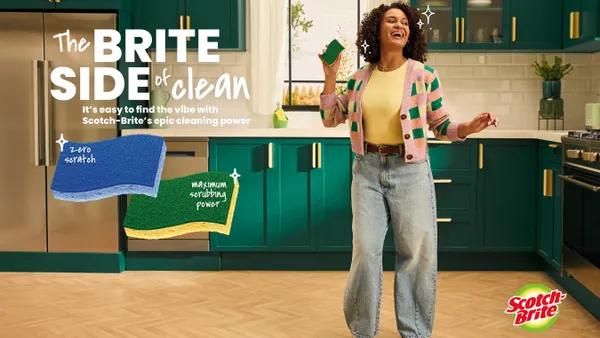Dive Brief:
- Nearly one-third (32%) of surveyed marketing professionals see influencer campaigns as essential to their strategies and 41% said they have seen more success in influencer campaigns than in more traditional advertising efforts, according to research from Bloglovin' shared with Marketing Dive.
- Other results from the study suggest 63% of marketers increased influencer marketing budgets this year, although 36% spend less than $5,000 per campaign. Another 67% report influencer campaigns helped them reach targeted audiences.
- One-third of surveyed marketers reported using at least three social platforms per campaign, demonstrating the value of multichannel efforts. Breaking the numbers down by channel, only 32% have tapped Snapchat for influencer campaigns despite the platform's popularity.
Dive Insight:
Influencer marketing is still a relatively new tactic, but Bloglovin's results indicate that it is quickly proving an invaluable component to social strategies for those who have jumped in.
As the research indicates, many marketers report spending less than $5,000 per campaign, making influencers remarkably cost-effective for the reach they can provide. Combine that with the fact influencer marketing is often seen as more authentic than studio-quality, traditional ads, and it's understandable why brands are looking to double down on their strategies.
In February, gen.video published a study on influencer marketing that found 51% of marketing respondents with influencer strategies in place plan on "significantly increasing" investment in the space this year. For brands using influencer marketing, upping sales conversion is the top objective at 64%, followed by building brand equity and driving purchase intent, both at 50%.
But while influencers are proving increasingly popular, there are pitfalls to tapping them for outreach. Marketers must especially ensure that all influencer posts are properly transparent with consumers and that influencer partners fully understand FTC guidelines around disclosure for paid social media.
Marketers also can't be certain that influencers will behave in brand-safe ways outside of promoting sponsored content. The popular YouTube creator PewDiePie — one the largest influencers on the video portal — was recently at the center of such a controversy after Disney's Maker Studios and Google's Preferred advertising program dropped him over videos they deemed anti-Semitic.














